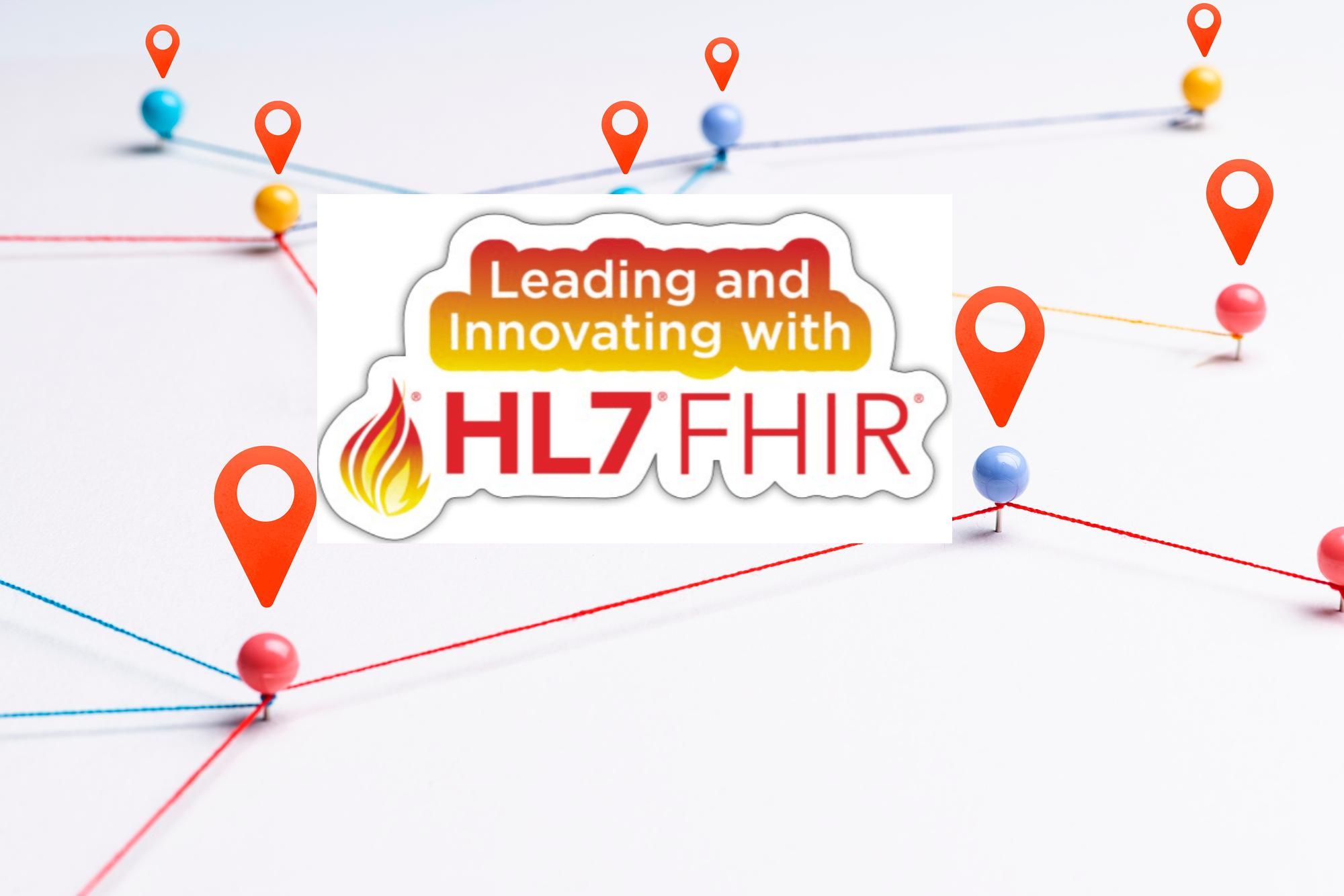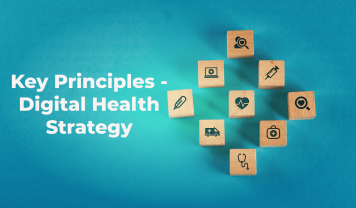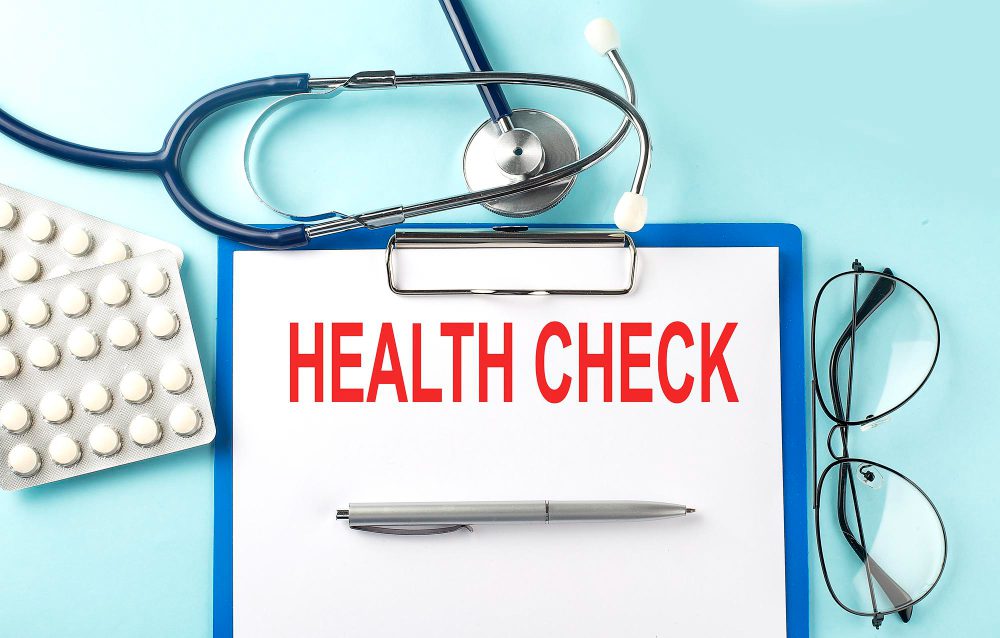Health Level Seven (HL7) is a critical component in modern healthcare systems. It provides a framework for the exchange, integration, sharing, and retrieval of electronic health information. These standards support clinical practice and the management, delivery, and evaluation of health services, which is the heart of interoperability in healthcare. Without HL7, healthcare providers would struggle […]
I. Introduction The digital revolution has hit the healthcare industry like a tidal wave. Among the variety of digital tools that have been developed to transform patient care, healthcare applications are quite possibly the most instrumental. As the construction of these applications plays a leading role in shaping the future of healthcare, understanding the dynamic […]
In the ever-evolving landscape of healthcare, understanding the pivotal role of Health Information Exchange (HIE) is paramount. Achieving seamless interoperability is not just a goal; it’s a necessity for the modern healthcare ecosystem. This article delves into the intricacies of HIE, shedding light on its indispensable contribution to fostering a connected and efficient healthcare environment. […]
The purpose of this article is to describe the significance of interoperability in healthcare information technology, as well as some techniques for ensuring its seamless and efficient deployment. It also mentions “Arihant Information Systems” experience developing healthcare apps. It is worthy of your attention whether you are a healthcare company. In this era of digital […]
As a seasoned professional with years of experience navigating the complex maze of business operations and strategy, I’ve come to recognize the critical role of Business Architecture in guiding organizations toward their goals. In this blog, I hope to synthesize my observations and explore the fundamental necessity of Business Architecture as the foundation of modern […]
The seismic shifts in the healthcare landscape, significantly accelerated by the COVID-19 pandemic, have underscored the critical role of a resilient digital health strategy. As healthcare providers strive to meet the escalating expectations of tech-savvy consumers, it’s become abundantly clear that the initial digital advancements—while valuable—merely scratch the surface of what’s possible and what’s needed. […]
In the rapidly evolving digital landscape, healthcare app development stands out as a critical area that merges technological innovation with human-centric service. Building a successful healthcare application is no small feat—it requires a deep understanding of the complex healthcare industry, adherence to regulatory standards, a strong foundation in technology, and, most importantly, an empathetic approach […]
AI has emerged as a transformational force in the ever-changing landscape of software development, altering traditional coding processes and presenting tremendous potential for optimizing workflows and accelerating software delivery. AI integration in software development is more than a passing fad; it’s a catalyst for unparalleled efficiency, accuracy, and innovation. In this article, we’ll look at […]
As the healthcare industry continues to shift towards value-based care models, revenue cycle management (RCM) is becoming increasingly complex. In order to optimize RCM for value-based care, healthcare organizations must embrace new payment models, focus on quality and outcomes, and leverage technology solutions that can streamline their RCM processes. In this blog post, we’ll explore […]
As the healthcare industry evolves, so does the need for accurate and efficient Quality Assurance (QA) in Revenue Cycle Management (RCM). QA is a critical process that ensures the accuracy and completeness of your claims data and is essential for successful claims and refunds. Unfortunately, the current manual processes used for quality assurance in RCM […]
















